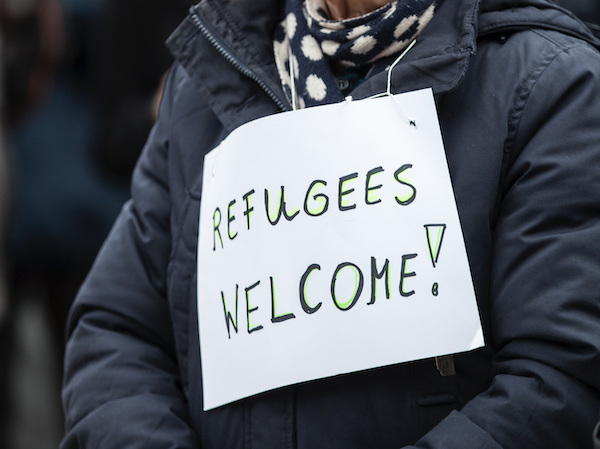Bureaucracy is keeping asylum seekers from finding paid jobs: COA


The COA refugee settlement agency wants to lift work restrictions for asylum seekers without residence permits, the Telegraaf reported on Friday.
It quotes figures from government jobs agency UWV saying only a small number of asylum seekers without official refugee status are in paid jobs. Some 601 were employed in 2021, compared to 585 and 314 in 2020 and 2019.
Under the current rules, asylum seekers are not allowed to work for the first six months of their stay in the Netherlands and then only for 24 weeks a year.
Settled asylum seekers with residency permits can work but are often hampered in their efforts to find a job because they have to take integration courses at the same time.
COA official Joeri Kapteijns wants a change in the law so asylum seekers can work more than 24 weeks. ‘The wish to do it is there, and there are plenty of jobs. Now is the time to act,’ Kapteijns told the paper.
However, he said, employers may think twice about employing refugees because of accommodation problems which may mean workers having to travel long distances or suddenly being moved to another province.
Salam Yafi (27), who was manager at a telecoms firm in Syria, told the paper she ‘lost 15 months of her life in a refugee centre’ and is now restricted by the compulsory daytime inburgerings course. Companies are keen to employ her but she has to complete the course first, even though it is something she could easily do in the evenings, she said.
Cees Duijn, who has been trying to recruit asylum seekers housed on a cruise ship in Velsen, said councils are all about ‘no, that is not possible or allowed’. ‘There are 600 vacancies at Tata Steel alone,’ he pointed out.
Kapteijns said the current restrictions contradict the government coalition agreement, which states asylum seekers should be in paid work as quickly as possible.
Thank you for donating to DutchNews.nl.
We could not provide the Dutch News service, and keep it free of charge, without the generous support of our readers. Your donations allow us to report on issues you tell us matter, and provide you with a summary of the most important Dutch news each day.
Make a donation